Finished this book a week ago, called ’68 by Paco Ignacio Taibo II, translated by my pal Donald Nicholson-Smith. It’s a great read, rather short, very subjective in the best sense of it, and tells the compelling story of 1968 in Mexico City as the student movement erupted in the face of the one-party state.
We are all wondering these days about political movements, where they come from, why there isn’t more of one here in the U.S. with so many reasons to be actively in opposition.. I think it’s because we’re stumped. The loony right is riding high, the channels of communication (minus the internet and blogs like this) are completely univocal and do not reflect even in tiny ways the enormous dissatisfaction that is percolating at the base of this culture. People who are doing their best to survive AND create alternatives AND oppose the barbarism of the government are completely invisible, unless you are already connected to them and their actions. Kind of a chicken-and-egg problem to some extent.
It doesn’t seem likely that the old styles of organizing are going to get us anywhere in the current situation. But we just don’t know. So a lot of people keep campaigning on familiar grounds, whether they be anti-war efforts or labor solidarity actions, pro-choice demonstrations, etc. I am withdrawn from such efforts, in spite of feeling some pull to participate. I want to be part of a political opposition that has the initiative, that has a vision, that understands power in sophisticated ways. All of these defensive efforts make me feel weaker and stupider, not the assertive power one OUGHT to feel if engaged in meaningful political revolt.
Reading ’68 was not precisely inspiring, but it was illuminating. Here was a situation where political action really seemed futile. And yet, in the face of a dominating one-party state, a diverse movement began to appear on campuses around Mexico City, and soon were snowballing in ways no one could predict or control. Literally hundreds of thousands of students went on strike and were joined by people from many other sectors as it kept growing. Mass assemblies, wild factional splits, total confusion, and intense repression by the government did not stop it from growing, gaining strength, developing new tactics and spreading its message with no help from the mass media which was controlled by the state. In some ways it was similar to what occurred in eastern Europe 20 years later.
But in 1968, it was in the context of a global uprising in cultures as divergent as the U.S., China, Czechoslovakia, France and Mexico. I’ve read more about the other places so it was fun to get a close-up view of the events from the perspective of Mexico City. Taibo is now a successful novelist and his literary flair is part of the fun of this book. Finally the student strike was broken by the massacre of over 400 people at a big rally at Tlatelolco plaza, a slaughter denied by the government and never properly accounted for or documented. Many of the dead student bodies were quickly flown out by helicopter and reportedly dropped into the ocean in the Gulf of Mexico. This happened days before the 1968 Olympics began in Mexico City so a certain complicity by the rest of the world contributed to the silencing of the student movement there.
1968 is still a touchstone for many radicals, usually because of the general strike in France or the cultural revolution in China, but the movement in Mexico has its own important legacy too. The Zapatistas who emerged in 1994 surely have roots in 1968, and the slow collapse of the Partido Revolucionario Institutional can be traced back to the cultural currents unleashed during that time.
Where does that leave us today, in the one-party state known as the United States? No clearer on what to do or how to do it, that’s for sure. But maybe we can take heart from the knowledge that in conditions that were more dire than ours, with much less infrastructure of alternative communication or counter-awareness, a powerful movement broke out anyway and shook the foundations of that society. It’s useful to note, too, that things take longer than we want them to, in our impatient American instant-gratification minds. History unfolds at a pace that exceeds anyone’s control; we can’t know where it’s going to go or if we’ll even get there, but the things we do today often reverberate far down the road in time and space in ways we cannot know. Thousands of us here are engaged in changing the world with integrity and compassion. Perhaps someday people will look back on this time and note that it was the efforts we made that made it possible for the big changes they might make in a future era.


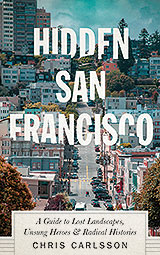
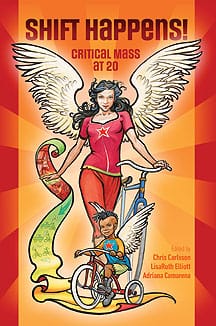
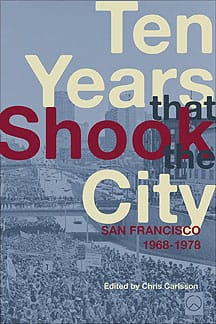

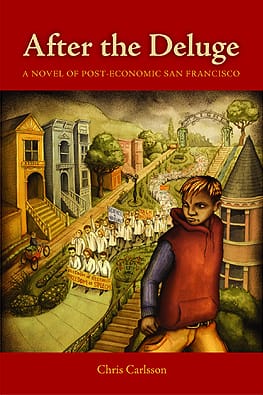
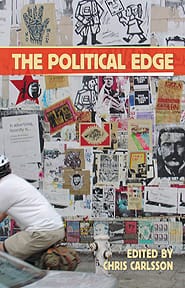
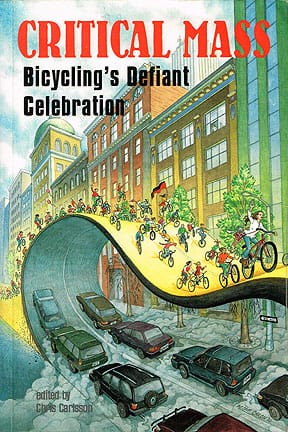
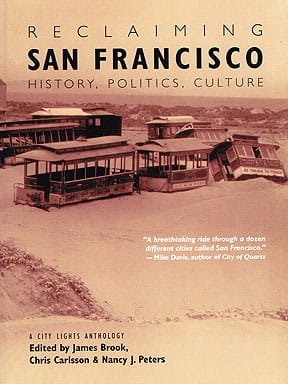
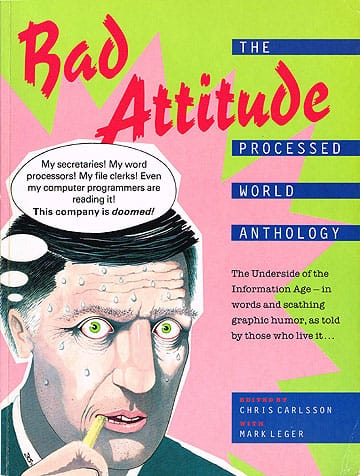

Leave a Reply